Will Meghan Markle Have to Sponsor Prince Harry's U.S. Work Visa?
Now Meghan Markle and Prince Harry are settling in Los Angeles and courting work offers, one question remains: How will Harry legally work in America?
You'd think that Meghan Markle and Prince Harry—young, beautiful, talented new parents, free of the pressures of being senior royals—have the world at their feet. And they do, in a way: They're house-hunting in Malibu, courting lucrative work offers, still hopelessly in love, and mending their relationship with the British royal family. There is one hiccup, though: Harry is not an American citizen, and will have to navigate the notoriously thorny U.S. visa process to be able to legally work in the States. (Meghan is obviously an American citizen, and their son Archie has dual British-American citizenship.)
Harry and Meghan have been married for almost two years, but the perception that you can marry a U.S. citizen and immediately live and work in the States is a myth, especially under the current circumstances. Unless the couple thought ahead and applied for Harry's work permit a while ago (think: at least a year ago), it's likely that they'll have a rocky road ahead of them getting Harry legally approved to work in Meghan's home country. He'll need to go through a lengthy and expensive work permit application process, get a social security number, and more—all during a period where UCSIS, the Citizenship and Immigration Services bureau, is struggling to figure out how to maintain normal operations during the coronavirus crisis.
Harry has a number of options open to him, visa-wise. First, the most obvious choice: As an American citizen's husband and the father of their American-British child, he could apply for a green card, which would involve Meghan "sponsoring" him. Simple, right? No. This process typically takes up to two years for a normal couple, and involves a mountain of paperwork, eye-watering legal fees, at least one interview, and a wait of, at the very least, several months (and that's during a time not impacted by a pandemic). The Trump administration has also made it harder than ever for spouses of Americans to get green cards (and yes, you can be rejected even if you're married to a U.S. citizen).
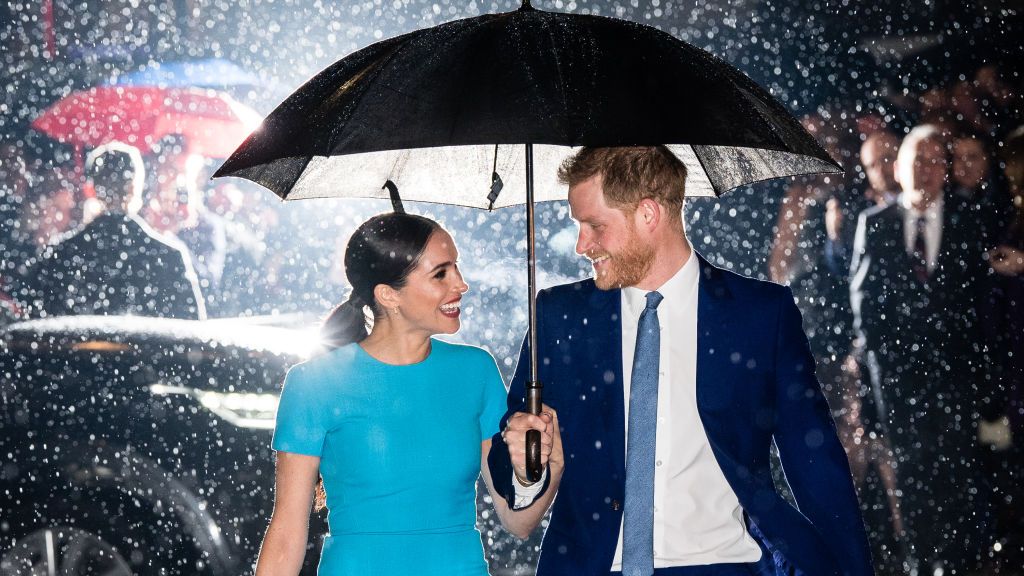
Right now, Harry is probably on an A1 diplomatic visa, or a B1/B2 tourist visa, per Page Six. This will allow him to stay in the U.S. for a while, but not work here (and it's worth noting that it's very difficult to jump to a green card if you enter the country on an A1 visa). Harry could also apply for a work visa on his own merits—such as the O-1 visa, also known as the "extraordinary alien visa," which would see Harry argue that he would bring expertise to the U.S. that would make his stay worthwhile. He could apply for either a temporary working visa (the O-1 category) or a green card (the EB-1 category) using this reasoning, but Page Six spoke to an immigration lawyer who suggested that that process might take longer than if the couple applied for Meghan to "sponsor" her husband's green card. Alternatively, a U.S. entity, like the couple's new venture, could sponsor Harry so Meghan wouldn't have to—but considering that nothing seems to have been set up yet, that feels less likely.
Another big question looming over the couple: Would Harry ever want to become an American? If he were to be approved for a green card, he'd be eligible in three years to apply to be a U.S. citizen—but as Page Six points out, he'd have to renounce his royal title entirely and take an oath of allegiance to the Unites States in that case, which...does not feel like something the Queen would approve of. The alternative is a little tricky, too: Theoretically, Harry would could remain on a green card for a long period of time, but he'd have to make sure he didn't spend too many months of the year living outside of the United States, and he wouldn't be able to vote, for example, in upcoming elections.
And yet another hiccup: U.S. president Donald Trump is apparently pretty mad at Harry and Meghan, a grudge that apparently stems from that hacked call that saw Harry remark that Trump has "blood on his hands." This is most likely the reason that Trump recently tweeted that the States would not pay for Harry and Meghan's private security. Which wouldn't affect the visa process, but it does mean that Harry and Meghan aren't likely to get special privileges during the Trump administration (although, of course, it's possible we'll have a Democratic president by January).
The final hiccup: Many U.S. visas allow a fast-forwarding process called "premium processing," which allows the visa applicant to pay extra to get a response, whether positive or negative, in just two weeks. USCIS has shut down this process in light of the coronavirus crisis, however, so there's no longer any way to fast-track the visa process. It's not clear when this initiative will return, but the coronavirus crisis is expected to last through at least early summer and may have a resurgence later this year, so it could be a while.
Stay In The Know
Get exclusive access to fashion and beauty trends, hot-off-the-press celebrity news, and more.
Nothing is known about the immigration firm Harry might be using, or even what visa he's on now—but, unlike Canada, the U.S. is not a Commonwealth country. It also has notoriously rigid visa processes, particularly right now, and unfortunately, the prince isn't likely to get special privileges.
For more stories like this, including celebrity news, beauty and fashion advice, savvy political commentary, and fascinating features, sign up for the Marie Claire newsletter.
RELATED STORIES

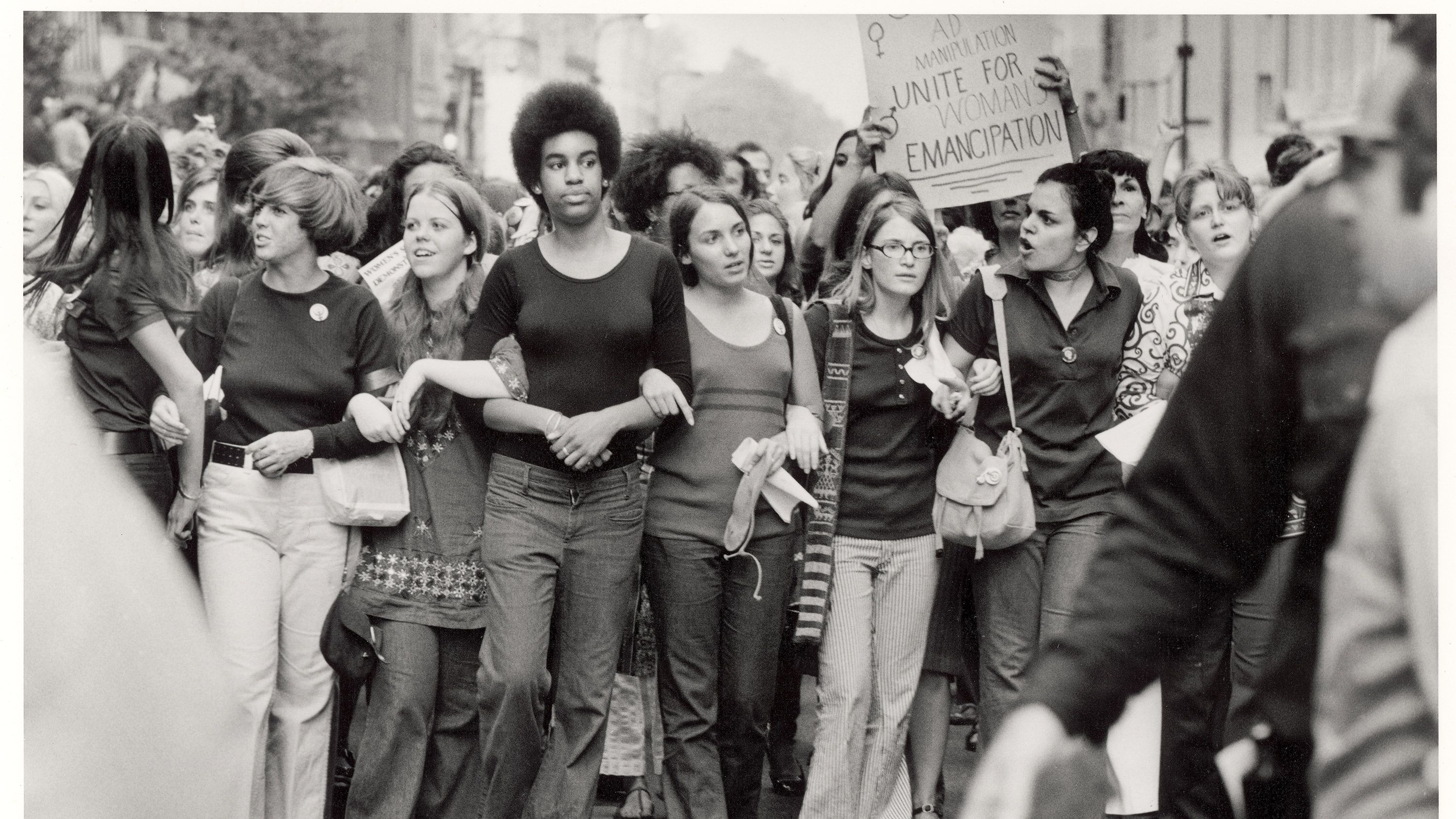
-
 Underrated New Balance Sneakers Are Priyanka Chopra's Athleisure Hero
Underrated New Balance Sneakers Are Priyanka Chopra's Athleisure HeroThey're the star of her latest look.
By Kelsey Stiegman
-
 Travis Kelce's Mom Reportedly "Liked" a Comment About His Future as a Dad
Travis Kelce's Mom Reportedly "Liked" a Comment About His Future as a Dad...and then removed it.
By Lia Beck
-
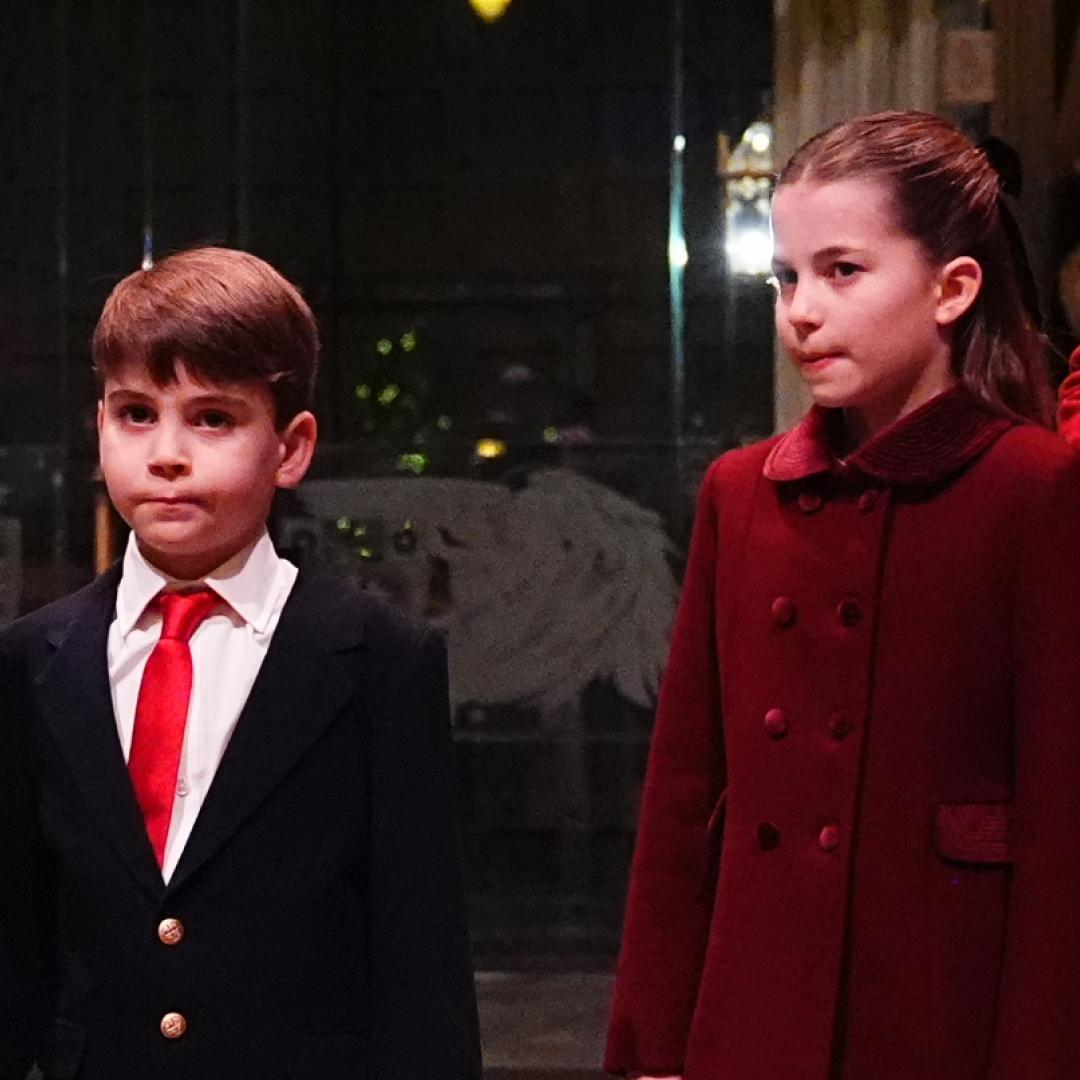 Prince Louis Will Soon Be Allowed a Special Privilege That Prince George and Princess Charlotte Already Have
Prince Louis Will Soon Be Allowed a Special Privilege That Prince George and Princess Charlotte Already HaveThe youngest Wales child will turn 7 on April 23.
By Kristin Contino
-
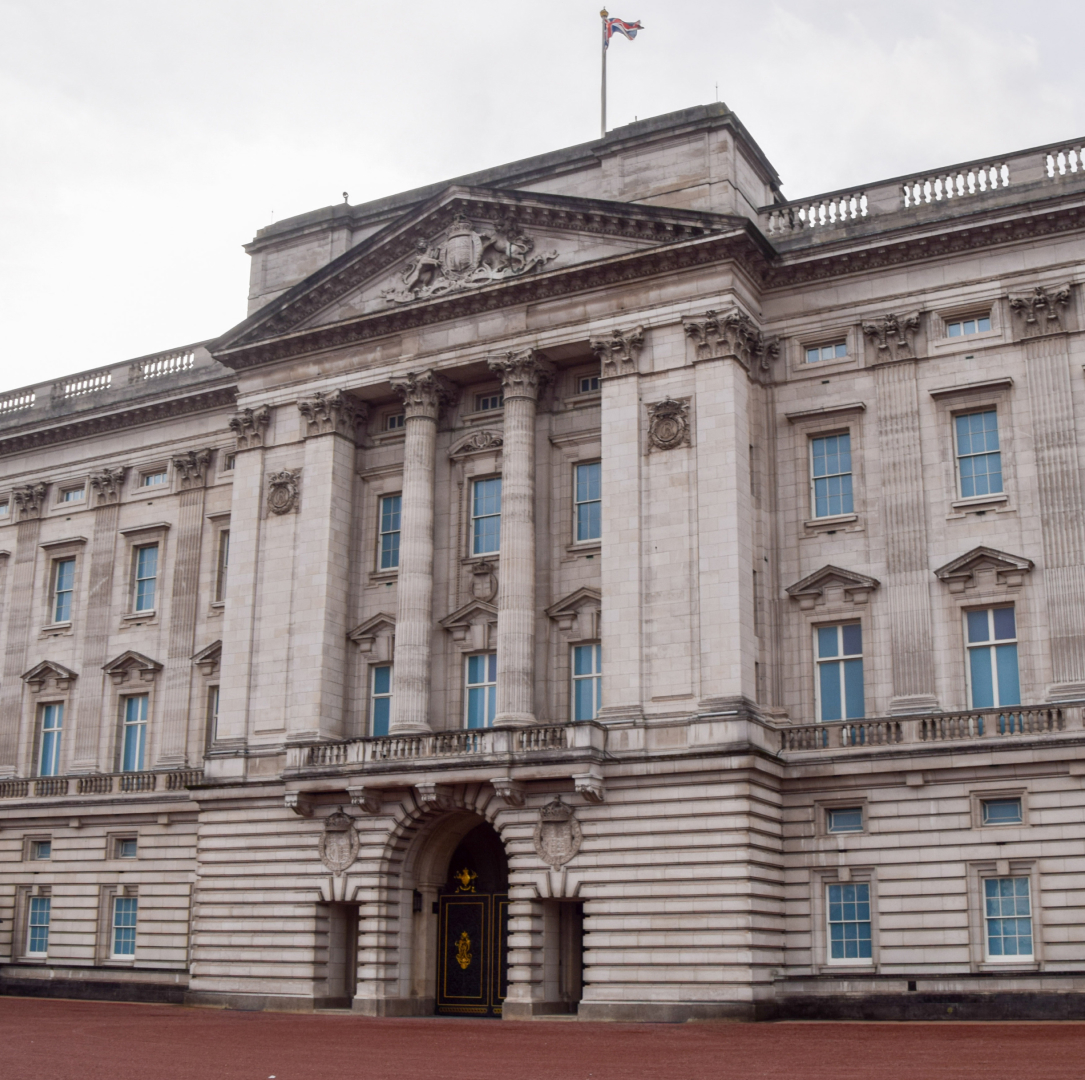 This Royal Couple Has the Most Pinned Celebrity Wedding of All Time—And a Surprising Royal Wedding Didn't Even Make The List
This Royal Couple Has the Most Pinned Celebrity Wedding of All Time—And a Surprising Royal Wedding Didn't Even Make The ListA new study found this ceremony gave Pinterest users the most inspiration.
By Kristin Contino
-
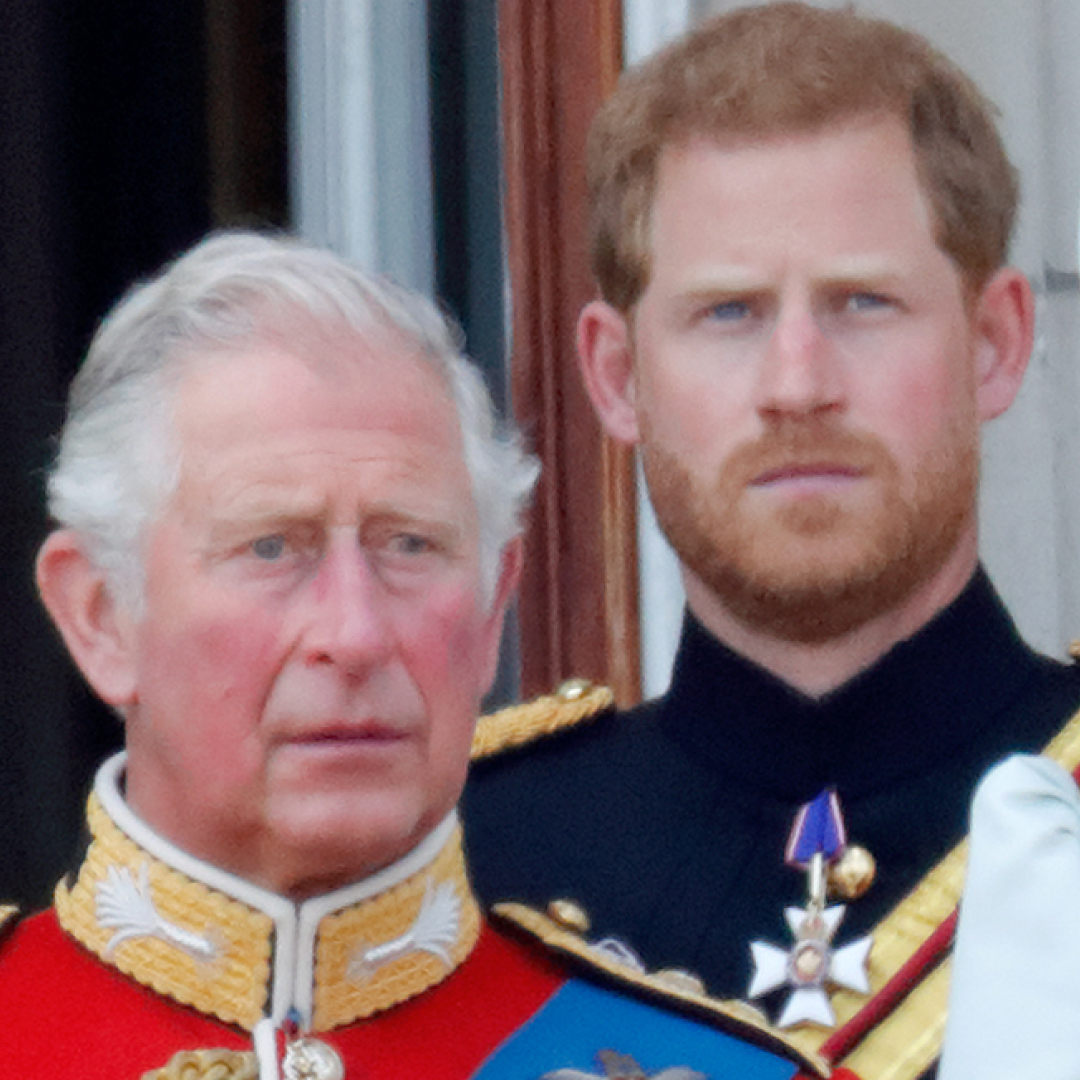 Royal Sources Give Update on "Distant" Relationship With Prince Harry and King Charles
Royal Sources Give Update on "Distant" Relationship With Prince Harry and King CharlesInsiders close to the Duke of Sussex have revealed whether there is a chance at reconciliation in the near future.
By Kristin Contino
-
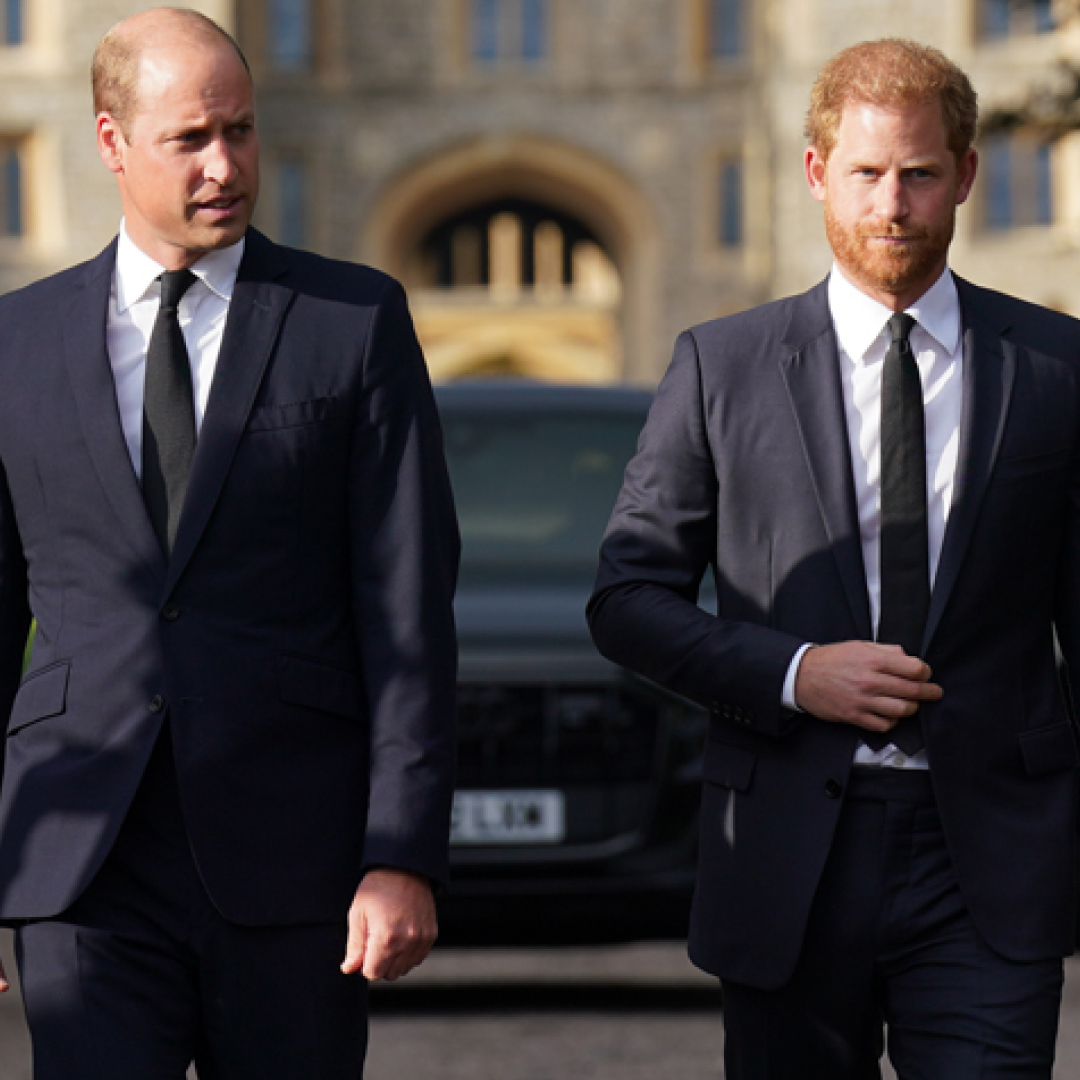 The Alleged "Olive Branch" Prince Harry Offered to Kate Middleton and Prince William During U.K. Visit
The Alleged "Olive Branch" Prince Harry Offered to Kate Middleton and Prince William During U.K. VisitThe Duke of Sussex's decision was reportedly an effort "to make peace."
By Amy Mackelden
-
 We Taste-Tested Meghan Markle’s As Ever Jam, Honey and Flower Sprinkles—One Word Kept Coming Up
We Taste-Tested Meghan Markle’s As Ever Jam, Honey and Flower Sprinkles—One Word Kept Coming UpWomen across America gave 'Marie Claire' their thoughts on the Duchess of Sussex's first seasonal drop of products.
By Kristin Contino
-
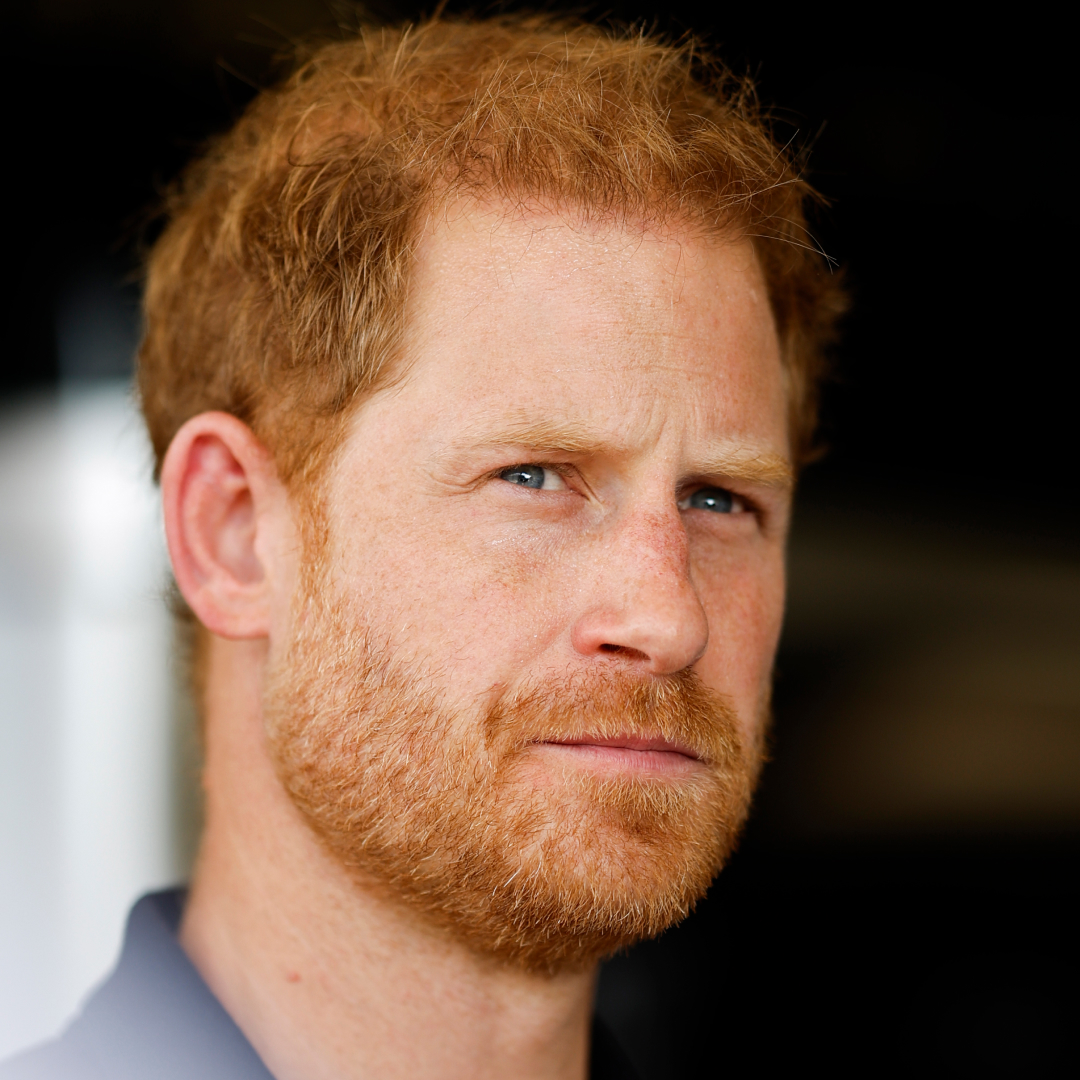 The Special Gift Princess Lilibet Received From "Papa" Prince Harry in Meghan Markle's Latest Instagram Post
The Special Gift Princess Lilibet Received From "Papa" Prince Harry in Meghan Markle's Latest Instagram Post"Made with love."
By Amy Mackelden
-
 Royal Expert Shares Why King Charles Had to Be "Very Careful" and "Couldn't" Meet Prince Harry During U.K. Visit
Royal Expert Shares Why King Charles Had to Be "Very Careful" and "Couldn't" Meet Prince Harry During U.K. Visit"It could actually bring down a court case."
By Amy Mackelden
-
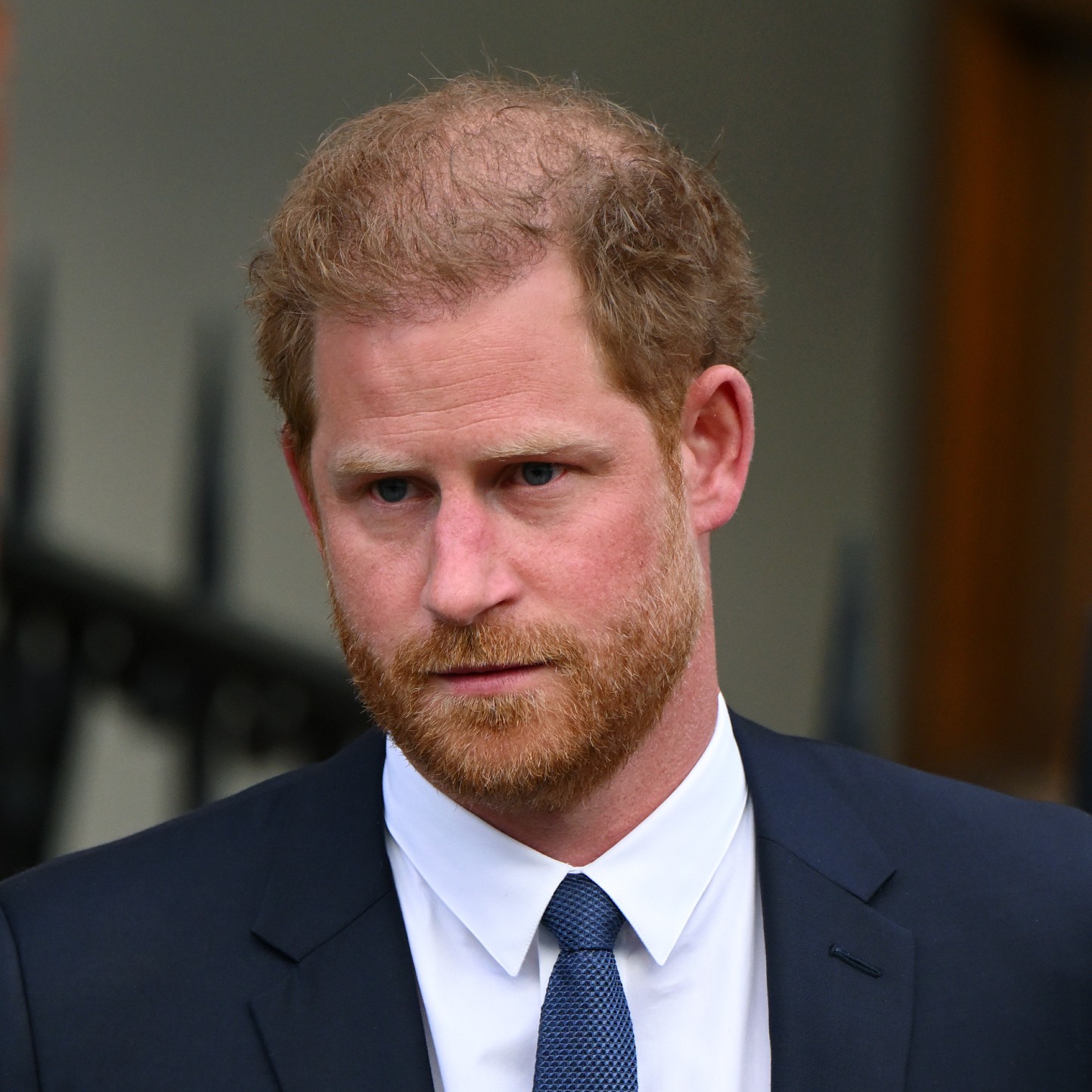 Prince Harry’s Lawyer Claims His "Life Is at Stake" When It Comes to Court Ruling
Prince Harry’s Lawyer Claims His "Life Is at Stake" When It Comes to Court RulingThe Duke of Sussex is waiting on a decision that will impact his family's future plans.
By Kristin Contino
-
 Meghan Markle Shares Her Thoughts on Trump's Tariffs as She Launches As Ever
Meghan Markle Shares Her Thoughts on Trump's Tariffs as She Launches As EverThe Duchess of Sussex opened up about how her new business could be impacted in a new interview with 'Fortune.'
By Kristin Contino